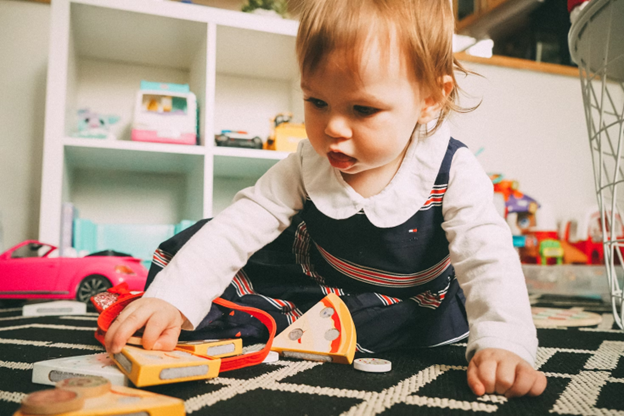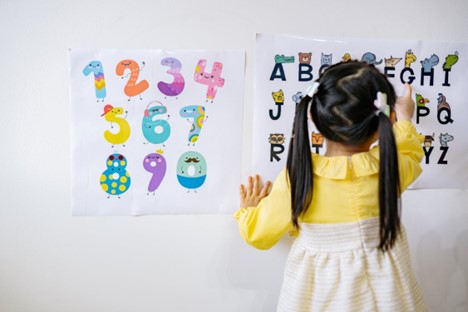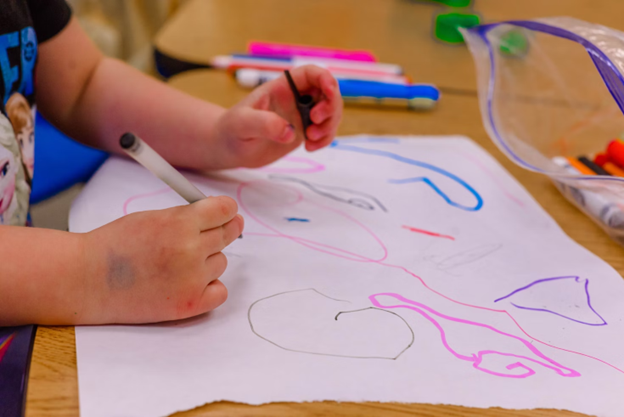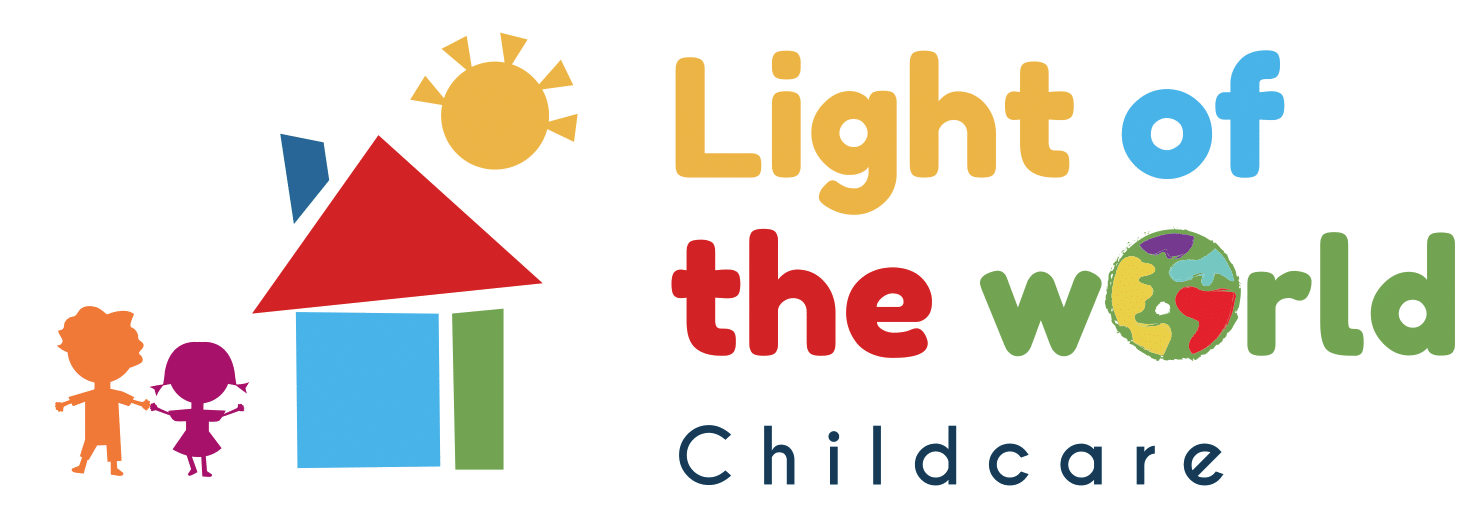
Understanding the Different Childcare Programs: Infant, Toddler, Preschool, and Kindergarten
As every child is unique and their developmental needs change rapidly in the early years, it is essential to understand the different types of childcare programs available.
This comprehensive guide will explore the various programs—Infant, Toddler, Preschool, and Kindergarten—offered by a quality daycare center in Brampton, such as Light of the World Childcare.
Infant Care
- Nurturing Environment: Infant care is designed to cater to the needs of the youngest children, typically from six weeks to 18 months old. In an infant care program, the environment is specially tailored to be safe, nurturing, and stimulating. Caregivers in these settings focus on creating a secure bond with each infant, which is crucial for their emotional and cognitive development.
- Individualized Attention: At a baby care center, infants receive individualized attention. The caregiver-to-infant ratio is kept low to ensure that each baby’s needs are met promptly. This personalized care includes feeding, diapering, and sleep schedules that align with each infant’s routine from home, providing a seamless transition and consistency.
- Developmental Activities: Infant care programs incorporate activities that promote sensory development and motor skills. Simple games like peek-a-boo, tummy time, and musical interactions are fundamental. These activities help infants explore their environment, develop hand-eye coordination, and stimulate brain development.

Toddler Care
- Active Learning Environment: Toddler care programs cater to children aged 18 months to three years. This stage is marked by rapid physical, emotional, and cognitive growth. Toddlers are naturally curious and eager to explore, so the environment in a daycare center in Brampton is designed to be safe yet stimulating, encouraging exploration and learning through play.
- Structured Routine: Toddlers thrive on routine, and a structured daily schedule helps them feel secure and understand expectations. Activities are planned to balance active play, quiet time, and meals, promoting a sense of stability and helping toddlers adjust to group settings.
- Language and Communication Development: Language skills develop rapidly during the toddler years. Caregivers support this growth by engaging toddlers in conversations, reading stories, and encouraging them to express themselves. Activities are designed to enhance vocabulary, comprehension, and social interactions.
- Social Skills: Socialization is a crucial component of toddler care. Children learn to share, take turns, and develop empathy through group activities and guided interactions. These experiences lay the groundwork for positive relationships and cooperative play.
- Motor Skills: Fine and gross motor skills are a focus in toddler programs. Activities like building blocks, drawing, and simple puzzles enhance fine motor skills, while running, climbing, and dancing improves gross motor coordination.
Preschool Programs
- Pre-Academic Skills: Preschool programs serve children aged three to five years, preparing them for the structured environment of kindergarten. At this stage, children are introduced to pre-academic skills in a fun and engaging way. Activities include basic math concepts, letter recognition, and early literacy skills.
- Creative Expression: Creativity is encouraged through arts and crafts, music, and imaginative play. These activities not only foster creative thinking but also enhance fine motor skills and cognitive development. Children learn to express their ideas and emotions through various forms of art.
- Social and Emotional Development: Preschool is a critical time for developing social and emotional skills. Programs focus on helping children understand their feelings, develop empathy, and learn conflict resolution. Group activities and collaborative projects teach children how to work together, share, and build friendships.
- Cognitive and Language Skills: Cognitive development is supported through activities that encourage problem-solving, critical thinking, and exploration. Language skills are enhanced through storytelling, discussions, and early writing exercises, preparing children for the more structured learning environment of kindergarten.

Kindergarten Programs
- Academic Foundation: Kindergarten programs are designed for children aged five to six years and provide a more structured academic foundation. In a kindergarten in Brampton, the curriculum focuses on reading, writing, math, science, and social studies, ensuring children are ready for the academic challenges of elementary school.
- Holistic Development: While academics are a significant focus, kindergarten programs also emphasize holistic development. Physical education, art, music, and social studies are integrated into the curriculum to provide a well-rounded education that addresses all areas of development.
- Critical Thinking and Problem Solving: Kindergarten programs encourage critical thinking and problem-solving through various hands-on activities and projects. Children learn to ask questions, explore different solutions, and think creatively. These skills are crucial for academic success and lifelong learning.
- Preparation for Formal Education: Junior kindergarten in Brampton provides a bridge between preschool and elementary school, helping children transition smoothly to a more formal educational setting. The structured environment, combined with a nurturing approach, ensures that children are academically and emotionally prepared for the next step in their educational journey.
Choosing the Right Childcare Program
Choosing the right childcare program depends on your child’s age, developmental stage, and individual needs. Here are some factors to consider when selecting a program at a daycare center in Brampton:
- Quality of Care: Look for a daycare center in Brampton that offers high-quality care. This includes qualified and experienced caregivers, a safe and stimulating environment, and a curriculum that supports all areas of development. Visiting the center and observing the interactions between caregivers and children can give you a sense of the quality of care provided.
- Curriculum and Activities: Consider the curriculum and activities offered in each program. Ensure that the activities are developmentally appropriate and designed to promote learning through play. For example, an infant care program should focus on sensory activities, while a preschool program should include early literacy and math skills.
- Safety and Health: Ensure that the childcare center follows strict safety and health protocols. This includes clean and safe facilities, proper hygiene practices, and procedures for handling emergencies. A safe environment is crucial for the well-being of your child.

At Light of the World Childcare, we offer a range of programs tailored to meet the diverse needs of families in Brampton. Whether you are looking for infant care, a baby care center, a preschool, or a junior kindergarten in Brampton, our dedicated team is here to support your child’s development every step of the way.

